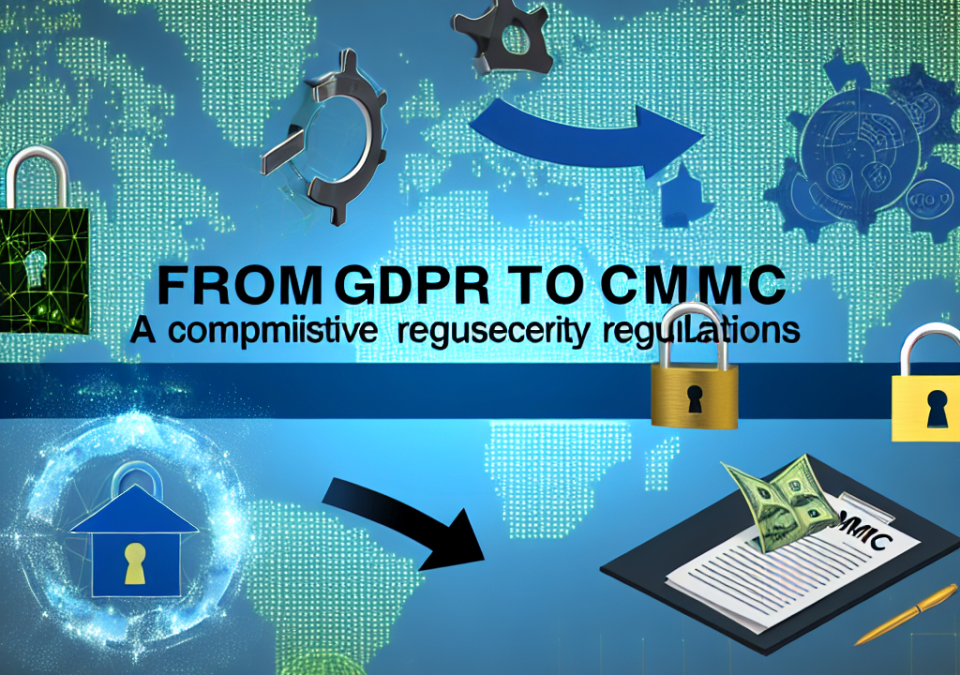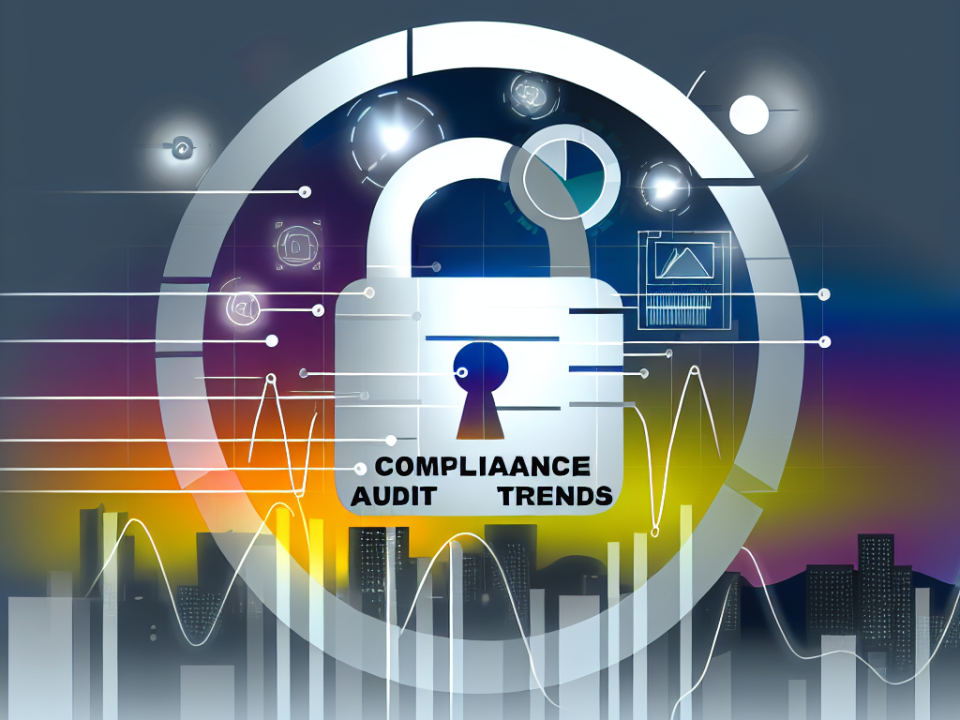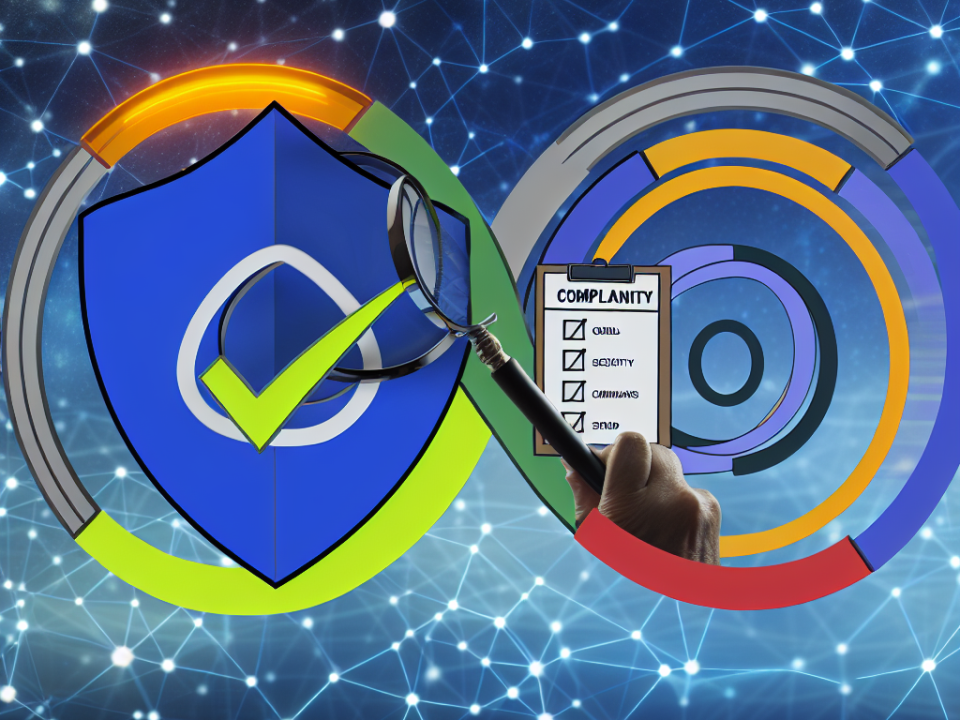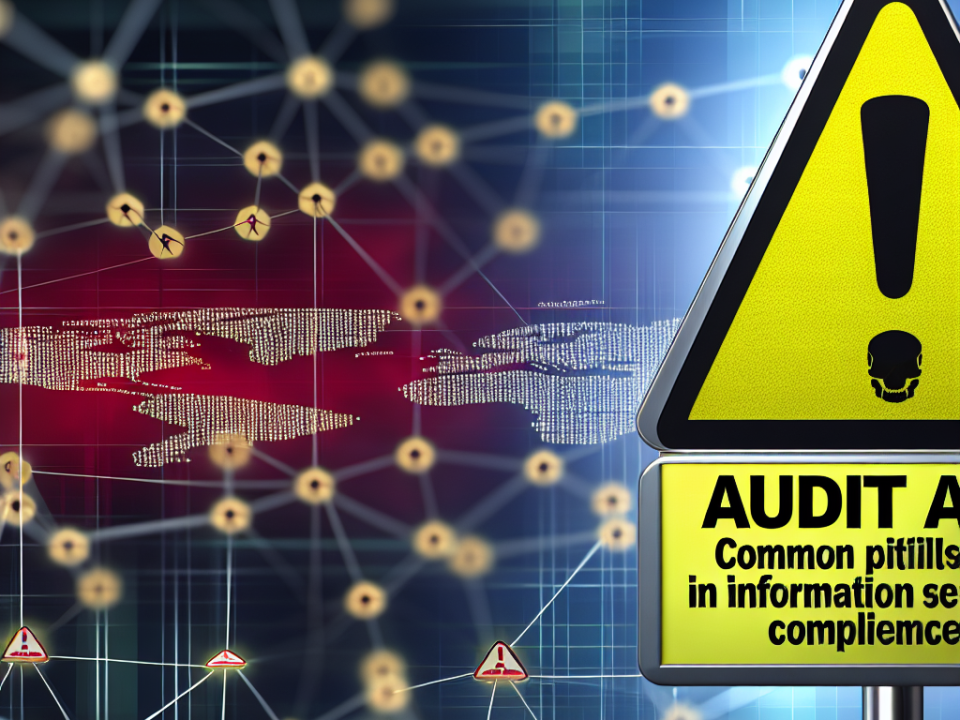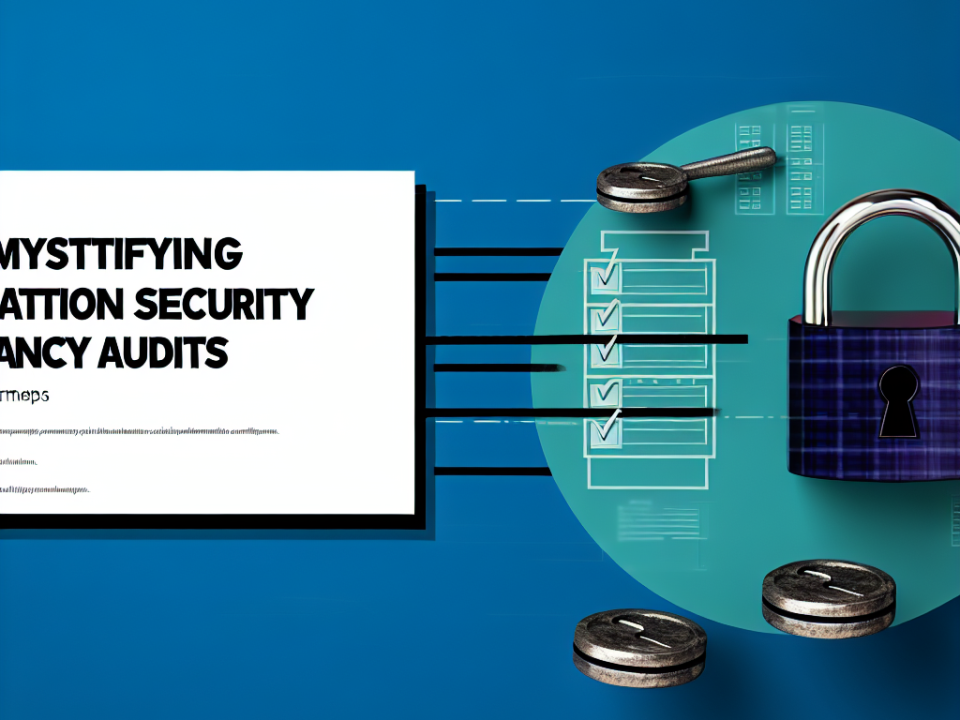
The Rise of the vCISO: Transforming Business Security in a Digital Age
August 1, 2025
vCISO 101: What Businesses Need to Know About Virtual Security Leadership
August 2, 2025
In an increasingly interconnected world, cybersecurity regulations have become essential for protecting sensitive data and maintaining trust in digital transactions. This article provides a comprehensive overview of some of the most significant cybersecurity regulations, focusing on the General Data Protection Regulation (GDPR) and the Cybersecurity Maturity Model Certification (CMMC), among others.
Understanding Cybersecurity Regulations
Cybersecurity regulations specify the legal frameworks that organizations must follow to secure information and technology systems. They outline responsibilities for protecting data, ensuring privacy, and mitigating risks associated with cyber threats. With the rise of digital technologies and growing concerns over data breaches, these regulations play a critical role in safeguarding not just individual organizations but entire economies.
General Data Protection Regulation (GDPR)
Overview
The GDPR, enacted in May 2018, is a robust data protection law implemented across the European Union (EU) and the European Economic Area (EEA). Its primary goal is to protect the privacy and personal data of EU citizens, giving them greater control over their information.
Key Provisions
-
Data Protection Rights: GDPR grants individuals various rights, including the right to access, rectify, delete, and restrict the processing of their personal data.
-
Consent: Organizations must obtain explicit consent from individuals before collecting and processing their data, ensuring transparency in data practices.
-
Data Breach Notifications: Companies must report data breaches within 72 hours, ensuring timely action can be taken to mitigate risks.
- Fines and Penalties: Non-compliance can result in substantial fines, reaching up to 20 million euros or 4% of a company’s annual global revenue, whichever is higher.
Global Impact
GDPR has influenced data protection laws worldwide, with many countries adopting similar regulations to enhance data privacy. Its extraterritorial nature means that any organization dealing with EU citizens’ data, regardless of its location, must adhere to these strict guidelines.
Cybersecurity Maturity Model Certification (CMMC)
Overview
In contrast to GDPR, which focuses on data protection for individuals, the Cybersecurity Maturity Model Certification (CMMC) applies specifically to the U.S. Department of Defense (DoD) contractors and their supply chains. Officially rolled out in 2020, CMMC aims to enhance cybersecurity across the defense industrial base (DIB).
Key Provisions
-
Maturity Levels: CMMC consists of five maturity levels, ranging from basic cyber hygiene (Level 1) to advanced proficiency in cybersecurity practices (Level 5). Organizations must achieve at least Level 1 compliance to qualify for DoD contracts.
-
Continuous Improvement: Unlike GDPR’s static requirements, CMMC emphasizes ongoing assessment and improvement of cybersecurity practices, ensuring organizations adapt to evolving threats.
- Third-Party Assessments: CMMC mandates independent assessments by certified third-party organizations, enhancing accountability and ensuring compliance.
Importance for Defense Contractors
CMMC aims to protect sensitive defense data from cyber threats, addressing vulnerabilities that have been exploited in the past. Compliance is a prerequisite for bidding on federal contracts, meaning companies must prioritize achieving the necessary maturity levels.
Other Noteworthy Cybersecurity Regulations
The Health Insurance Portability and Accountability Act (HIPAA)
In the healthcare sector, HIPAA sets standards for protecting sensitive patient information. Organizations must implement safeguards to ensure the confidentiality, integrity, and availability of health data.
The Federal Information Security Modernization Act (FISMA)
FISMA outlines a comprehensive framework for ensuring the security of government information systems. Federal agencies and their contractors must adhere to the National Institute of Standards and Technology (NIST) guidelines.
The Payment Card Industry Data Security Standard (PCI DSS)
Applicable to organizations that handle credit card transactions, PCI DSS establishes a set of security requirements to protect cardholder data and prevent fraud.
Conclusion
As cyber threats continue to evolve, the importance of robust cybersecurity regulations cannot be overstated. From the comprehensive privacy protections of GDPR to the strategic requirements of CMMC for U.S. defense contractors, these regulations serve as vital tools for safeguarding sensitive information. Organizations across industries must stay informed and compliant to mitigate risks, protect data, and maintain consumer trust in a digital age. Understanding these regulations not only helps in compliance but also builds a stronger cybersecurity posture for all stakeholders involved.

